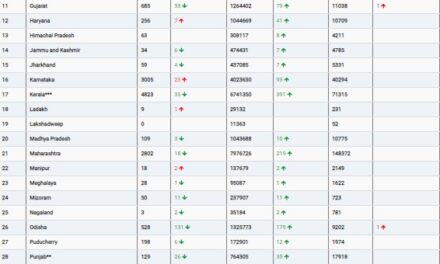In a significant advancement for medical research, a pioneering project named Federated Secure Computing is reshaping how health data is analyzed while prioritizing patient privacy. Funded by the Stifterverband, this initiative enables cancer patient data analysis across national borders within the European health data space, utilizing a cutting-edge cryptographic method known as secure multiparty computation (MPC). The collaborative effort involves esteemed researchers from LMU Munich in Germany, Fondazione Policlinico Universitario Agostino Gemelli IRCCS in Italy, and cryptography specialists from Cybernetica in Estonia.
The recent pilot study, detailed in the journal npj Digital Medicine, highlights an innovative approach to overcoming the technical and legal challenges inherent in clinical cancer research. This method aligns with stringent European regulations concerning patient privacy and data protection. Hendrik Ballhausen, the project initiator at LMU, elaborates on the secure network established among partner institutions: “Neither party has access to the others’ data. End-to-end encrypted calculations occur on secret shares across the network, ensuring that only the outcome of the joint calculation is revealed, not the individual patient data.”
The data set utilized for this groundbreaking study comprised health information from patients at LMU University Hospital and Policlinico Universitario Fondazione Agostino Gemelli in Rome. The research particularly benefits patients suffering from adrenal gland tumors undergoing radiotherapy. Professor Stefanie Corradini, Deputy Clinic Director of Radiotherapy at LMU, underscores the study’s motivation: “This research enables us to better understand risk factors and potentially develop targeted therapies with fewer side effects, ultimately improving survival rates and the quality of life for our patients.”
Luca Boldrini, a physician at the Advanced Radiation Therapy Centre “Gemelli ART,” adds, “Our institutions provide cutting-edge radiotherapy guided by magnetic resonance imaging. By collaborating, we are able to access data on this innovative, yet still uncommon, radiotherapy technology at an accelerated pace.”
The team has constructed their secure computing framework around Sharemind MPC, an industry-grade platform from Cybernetica. Dr. Dan Bogdanov, Chief Scientific Officer at Cybernetica, remarks, “Secure Multiparty Computing can greatly enhance privacy and interoperability in the healthcare sector. Strong end-to-end security, along with proven policy enforcement and compliance, can be achieved through advanced cryptographic tools.”
Integral to the project’s success was the close collaboration with data use and access committees, alongside data protection officers. The initiative was bolstered by the expertise of a specialized law firm, with a cooperation agreement among the three institutions, ethics approvals, and informed consent from patients playing critical roles. “In the future, we must leverage health data for research more effectively and expediently. This aligns perfectly with the objectives of the Bavarian Cloud for Health Research under the Bavarian Highmed agenda,” emphasizes Professor Markus Lerch, CEO and Medical Director of LMU University Hospital.
Looking ahead, the research team is exploring additional use cases for their approach. Hendrik Ballhausen encourages engagement from various sectors: “We aim to provide guidance on applying our model to other areas. Federated Secure Computing embodies modern European data protection, enhancing the value of data. This innovative approach not only maintains cooperation but also fosters and accelerates further research activities.”
As the landscape of medical research continues to evolve, the Federated Secure Computing project stands as a beacon of innovation, illustrating how advanced cryptographic methods can reconcile the need for data analysis with the paramount importance of patient privacy.












